Click here for the Boating Safety and Emergencies Mandate and Committee Members
We sit on both the Provincial and Federal Recreational Boating Committees to offer governments input on rules and regulations for licensing, speed, navigational aids and the wearing of PFDs.
We work with the OPP, Canadian Safe Boating Council, Safe Quiet Lakes, and fellow cottager associations such as the Federation of Ontario Cottagers’ Associations (FOCA) and Boating Ontario (the marina operators’ association) to ensure continued boating safety and mutual respect between boaters and cottagers.
We consult with the OPP, the Coast Guard, Ministry of Natural Resources and Fire (MNRF) and ORNGE on issues of importance for our members.
Click here for the Boating Safety and Emergencies Mandate and Committee Members
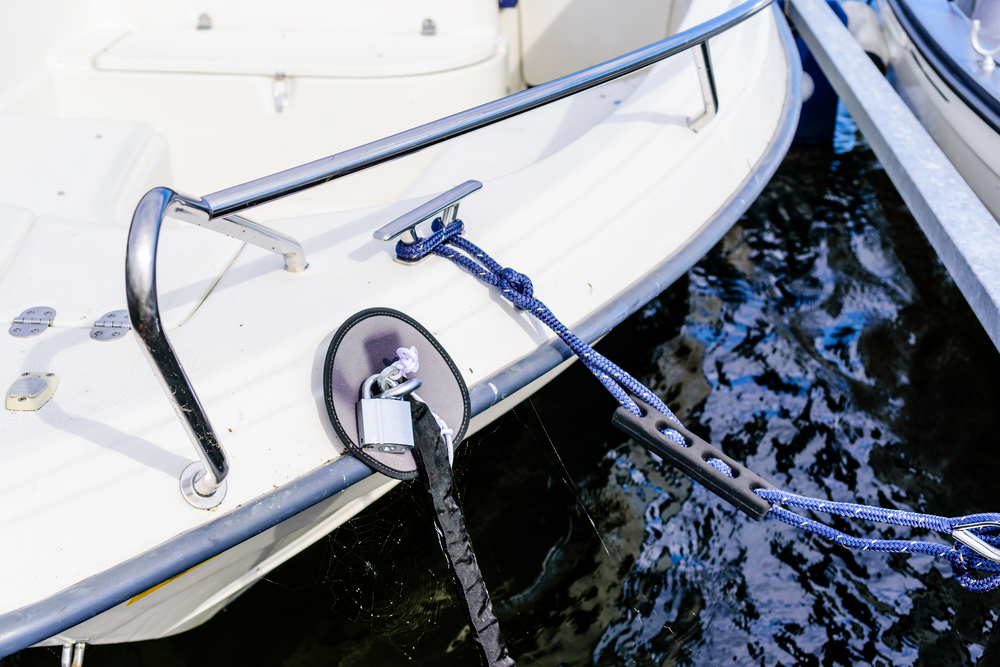
Boat theft is a growing concern among recreational boaters, particularly in Ontario, where recent statistics show an increase in stolen vessels. Whether docked at a marina, stored in a trailer, or left at a cottage, boats are prime targets for thieves. Fortunately, there are several measures you can take to safeguard your boat and minimize theft risks. Secure Your Keys: It's More Than Just Turning Off the Engine While it might seem obvious, leaving keys in the ignition is a surprisingly common oversight that makes boat theft far too easy. When leaving your boat unattended, even for short periods at a marina, always remove the keys. Store them securely in your vehicle's locked glove compartment. If you're heading back to your cottage, take the keys inside and place them in a lo
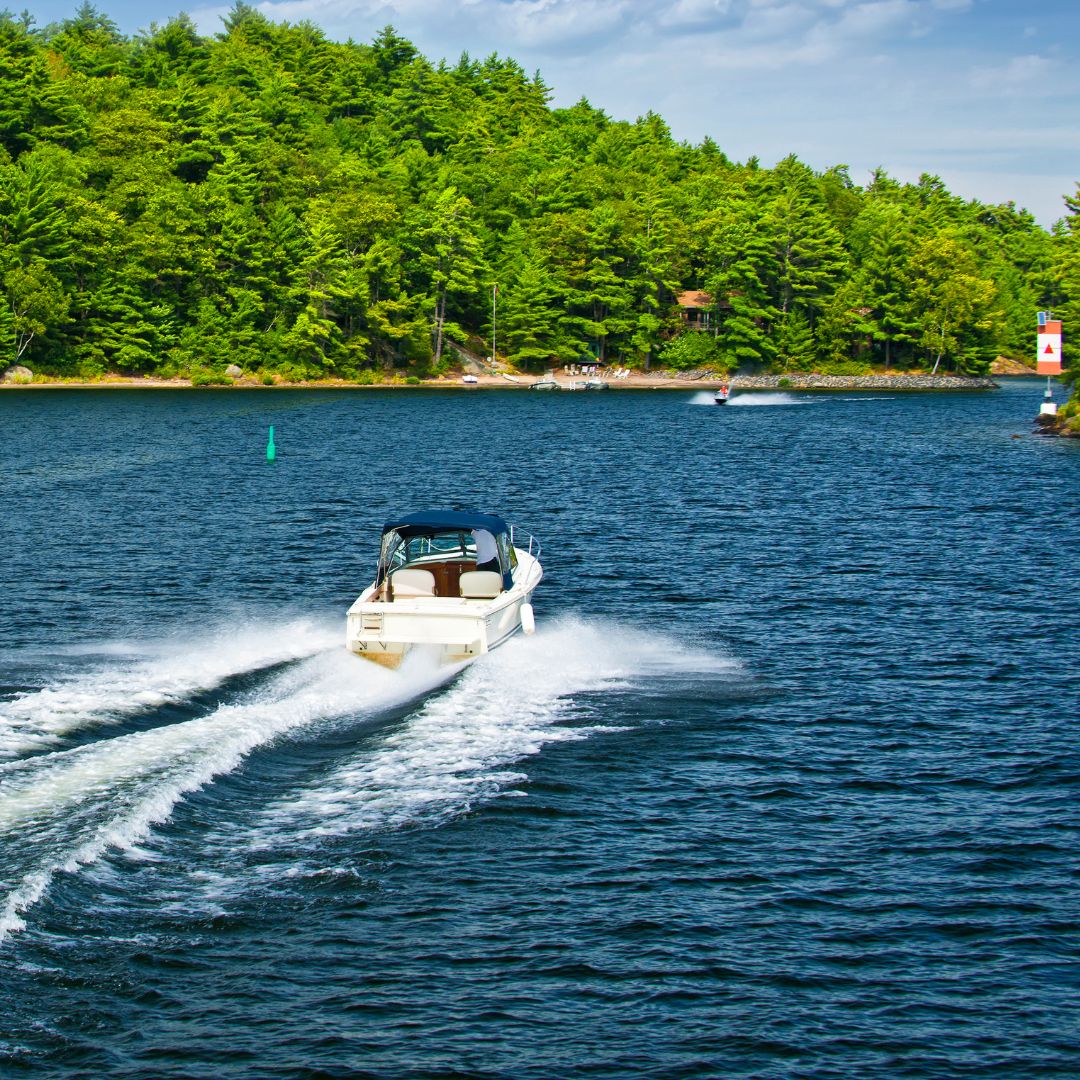
Transport Canada's regulatory decisions can significantly impact boating in our waters. The good news is they value public input and want to hear from you! GBA strives to keep our members informed about upcoming consultations and any opportunities available for you to share your thoughts and opinions with Transport Canada. Here are a few things we are watching for in 2025: Update on Pleasure Craft Licensing All pleasure craft, including personal watercraft, powered by a motor of 10 horsepower (7.5 kW) or more must be licensed. This includes dinghies or tenders carried aboard or towed behind a larger boat. What was proposed: The new validity period for pleasure craft licenses (PCL) will be 5 years The amount of time license holders must provide notification of a change o
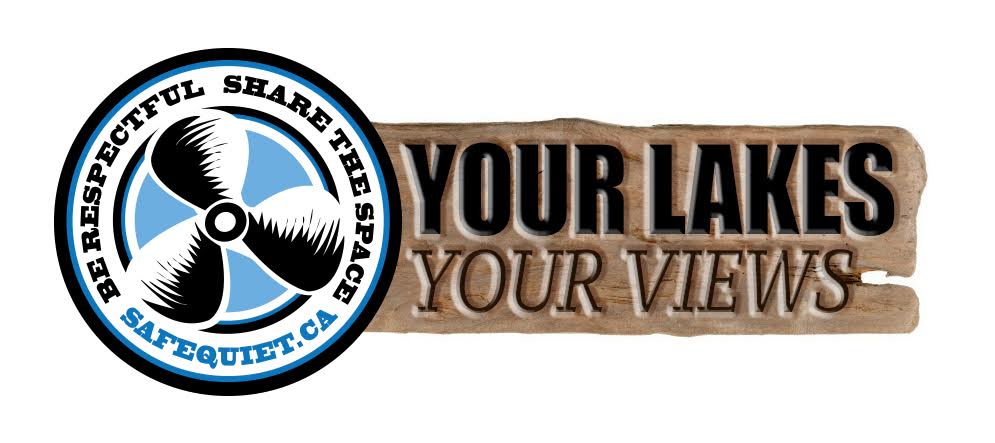
Get Ready to Share Your Voice: Your Lakes, Your Views Survey is Coming! We're excited to announce that the fourth Safe Quiet Lakes Survey is just around the corner, and we need your participation! As a valued member of the Georgian Bay community, your opinions and experiences are crucial in shaping the future of our lakes and boating experiences. Safe Quiet Lakes has fielded the most comprehensive and professional surveys of lake users ever conducted in Ontario. This survey, which is being conducted by Earnscliffe Strategies, will look at your top pleasures of the lake experience, boating use and behavior, the quality of your lake experience, what’s changing about the lake experience, what the top concerns are and what people think solutions might be. Why P
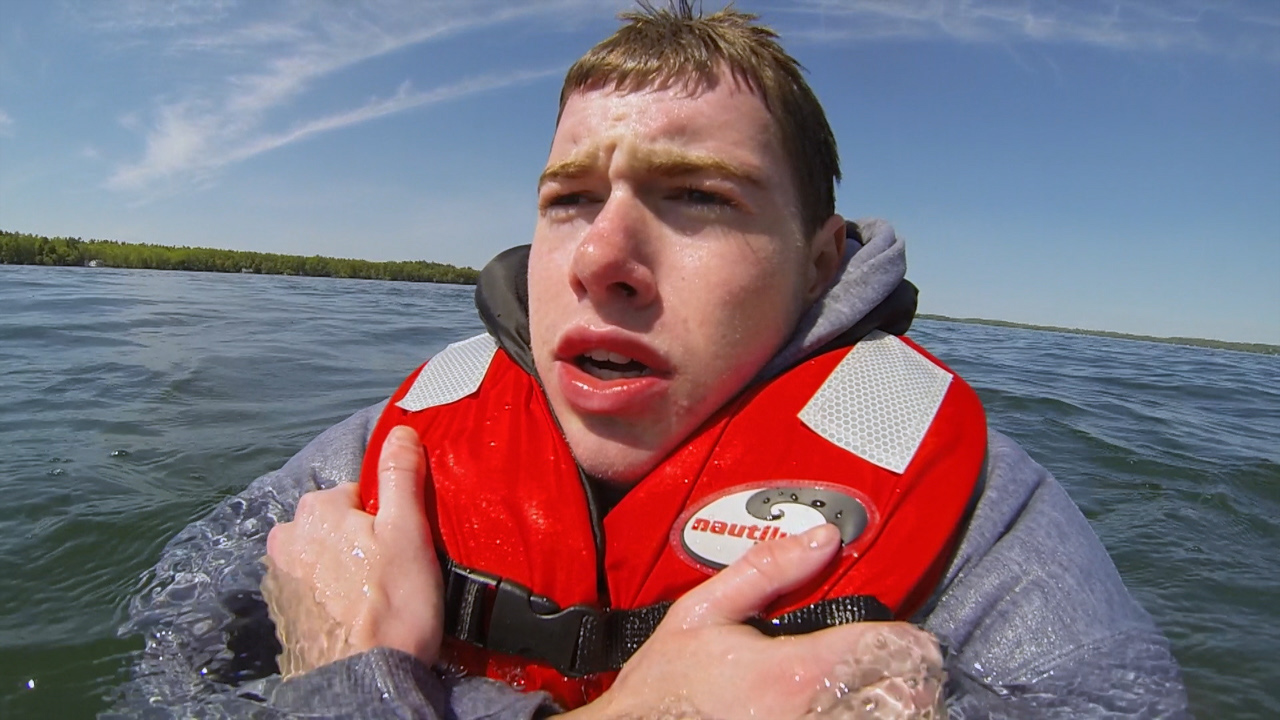
Georgian Bay is almost always cold, and right now it is very cold! Cold water season lasts from October through June on the Bay, so when you head out, be prepared for cold water. There have already been several fatalities and a few near misses in Ontario this spring associated with cold water temperatures. Warm air doesn't always mean warm water Warm air temperatures can create a false sense of security for boaters. While 20°C might not sound cold, cold water quickly removes heat from the body which can lead to the loss of muscle control and hypothermia. Understanding the "Shock Factor" When your body hits cold water, “cold shock” can cause dramatic changes in breathing, heart rate and blood pressure and unexpected immersion can also cause an involuntary gasp of surprise
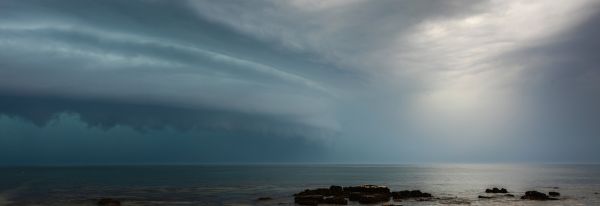
Emergency Preparedness Week runs from May 4 to 10, 2025, and it's a crucial reminder that emergencies can strike anywhere, anytime. This year's theme "Plan for every season", highlights the importance of preparing for emergencies throughout the year, not just during extreme weather events. From infectious diseases to extreme weather events like flooding and forest fires, being prepared is key to keeping you and your loved ones safe. Three simple steps to become better prepared to face a range of emergencies Know the risks - understand potential emergencies that could affect your area Make a plan - develop a household emergency plan that includes contact information, escape routes, and a meeting point Have an emergency kit - stock up on essentials like food, wa
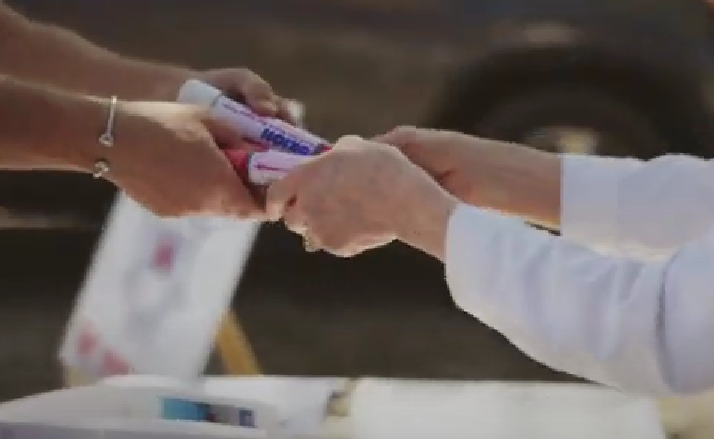
Check your marine flares! Those manufactured in 2021 expire this year and anything prior to 2021 have already expired. Transport Canada approves marine flares for four years and should be replaced every third or fourth boating season. It’s not easy to get rid of expired flares in a safe and environmentally responsible way. Safely Dispose of your Flares CanBoat/NautiSavoir volunteers and select CIL Dealers are hosting Safety Equipment Education and Flare Disposal Days. Bring your expired marine flares from any manufacturer for FREE neutralization and safe disposal. Learn about required safety equipment and take advantage of this opportunity to dispose of outdated flares responsibly. Thanks to the generous funding support from the CPS Foundation in partnership with CIL, all

what3words (w3w), an innovative location-based platform, is making a significant impact in emergency response situations across the province and has been consistently utilized by the Ontario Provincial Police (OPP) over the past two years, highlighting its versatility and effectiveness in a variety of critical situations. In 2023, w3w was used by the OPP in 80 occurrences. In 2024 that jumped to 94 occurrences with 37 of those incidents involving individuals who became lost on trails and in forests. w3w enabled emergency responders to pinpoint the exact location of those in need, ensuring timely and effective rescues. The platform has been instrumental in several recent high-profile rescues, including: App helps save hiker injur
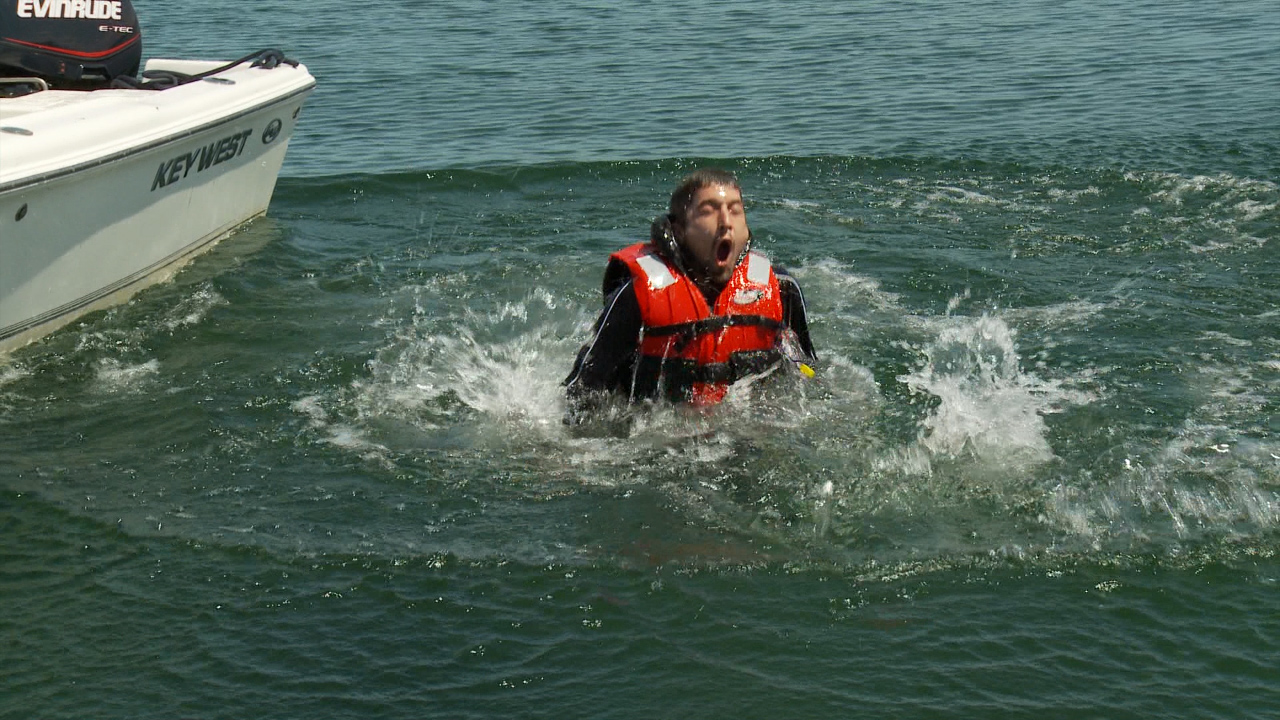
Over the years, the Canadian Safe Boating Council (CSBC) has led the charge in educating boaters on the dangers of cold-water immersion. Despite these efforts, drowning incidents still occur, even in warmer waters, with boaters, regardless of swimming ability, losing their lives after falling overboard. To address this ongoing issue, The Shock Factor was launched as a three-year national campaign aimed at reducing drowning incidents and improving Search and Rescue outcomes by revealing how vulnerable boaters are to drowning during accidental immersion. The Premise Behind the Shock Factor The primary goal of The Shock Factor experiments was to challenge misconceptions about lifejacket use. Many boaters excuse not wearing a lifejacket, citing reasons like confidence, swimming ability
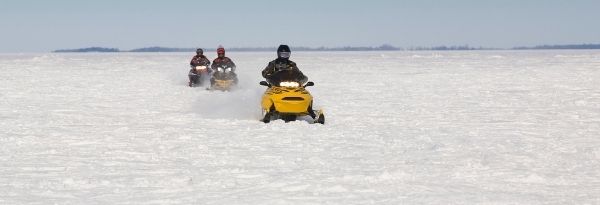
It's Snowmobile Safety Week and the Ontario Provincial Police (OPP) and the Ontario Federation of Snowmobile Clubs (OFSC) are urging all snowmobilers to prioritize safety. Over the past decade, 145 snowmobilers have died in OPP jurisdictions, with excessive speed, alcohol impairment, inattention, and lack of helmet use being the main causes. Frozen waterways are particularly dangerous, accounting for nearly 40% of fatalities. Riders are encouraged to avoid frozen lakes and rivers and use OFSC's trail network, supported by real-time status updates through the Interactive Trail Guide (ITG). Accessing closed trails is illegal. The OPP conducts snowmobile patrols and enforces safety through its Snowmobile, ATV, and Vessel Enforcement (S.A.V.E.) teams to reduce accidents and fatalities. O
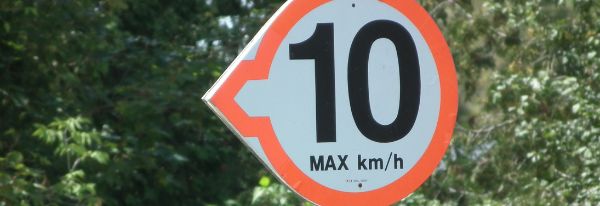
The public comment period for the proposed changes to the Vessel Operation Restriction Regulations (VORR) in Canada has officially closed with the publication of the regulations in Gazette 1. According to the regulatory timeline, the proposed changes will be published in Gazette 2 in approximately 6 to 9 months, at which point they will become law. Here's a breakdown of the background, key issues, objectives, and descriptions of the proposed changes: Background: The VORR regulates boating activities and navigation. Local authorities can apply for restrictions, but the process is lengthy and complex. Previous modernization efforts (Phases 1 & 2) addressed some issues but further streamlining was needed. Recent legislative changes to the Canada Shipping Act, 2001 (C
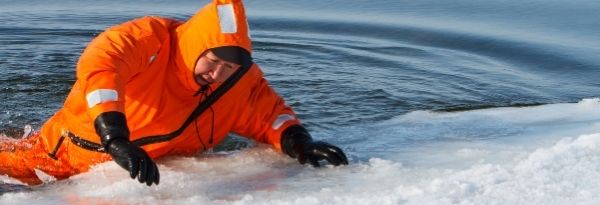
A recent incident in Smiths Falls, where a 14-year-old boy fell through the ice into the Rideau River, serves as a stark reminder of the dangers of venturing onto frozen water. Fortunately, the teenager was rescued quickly and treated for hypothermia (you can watch the dramatic rescue here). While OPP and fire services are trained to respond to ice and water rescues, precious time can be lost as they travel to the scene. This delay can be critical, as the effects of hypothermia can set in quickly. Knowing how to self-rescue can significantly increase your chances of survival. Whether you're ice fishing, snowmobiling, or simply taking a winter stroll, it's crucial to be prepared for the unexpected. CBC and Boreal River Rescue have some great advice to help yourself and others if y
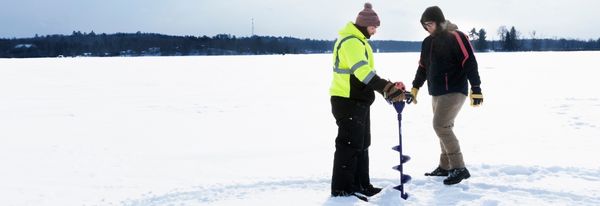
https://youtu.be/T7HHOMsB4YY No Ice is Ever 100% Safe Don't overestimate the strength or quality of ice! Always, always use extreme caution if you are venturing out on a frozen lake. Before you go, there are three key steps to perform to assess the safety of the ice: - 1. Complete a Visual Inspection - Look for: cracks, breaks, holes in the ice or flowing water water sitting on top of the ice ice that appears soft or mushy ice that appears to have thawed and refrozen If you see any of these signs during your visual inspection, do not go out onto the ice! - It’s important to remember too that logs and rocks absorb the heat from the sun, which may result in faster melting and slower formation of ice in those areas. - 2. Check the Ice Colour - There ar

It's Snowmobile Safety Week and the Ontario Provincial Police (OPP) and the Ontario Federation of Snowmobile Clubs (OFSC) are urging all snowmobilers to prioritize safety. Over the past decade, 145 snowmobilers have died in OPP jurisdictions, with excessive speed, alcohol impairment, inattention, and lack of helmet use being the main causes. Frozen waterways are particularly dangerous, accounting for nearly 40% of fatalities. Riders are encouraged to avoid frozen lakes and rivers and use OFSC's trail network, supported by real-time status updates through the Interactive Trail Guide (ITG). Accessing closed trails is illegal. The OPP conducts snowmobile patrols and enforces safety through its Snowmobile, ATV, and Vessel Enforcement (S.A.V.E.) teams to reduce accidents and fatalities. O

A recent report from the Great Lakes Fishery Commission (GLFC) reveals that sea lamprey populations have spiked in all five Great Lakes due to a significant reduction in control efforts in 2020 and 2021 during the COVID-19 pandemic. The commission reports that the number of adult sea lampreys captured in 2024 was 8,619 more than the three-year pre-COVID average of 38,167 (2017-2019). The largest increases were observed in Lakes Superior and Ontario. Although still above target, lakes Michigan, Huron, and Erie have seen flattening trends in abundance since treatments returned to pre-pandemic levels. The report also notes that elevated and variable adult sea lamprey abundances should be expected over the next year or two before turning back
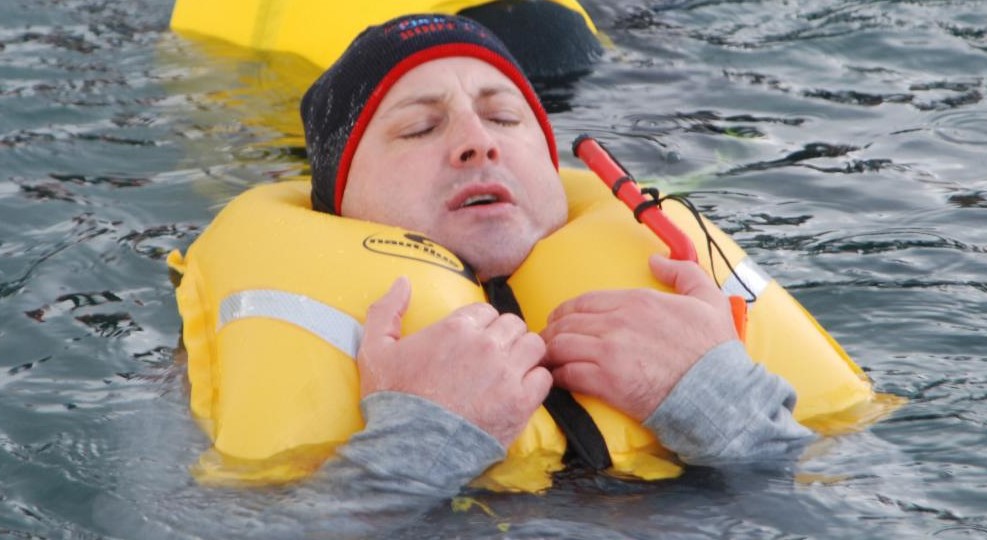
Boating from October through June offers a very different experience steeped in solitude and excellent fishing. It is a beautiful time to be on the water. But boating during this season also requires extra attention to detail and the ability to be self-sufficient given that there are fewer boaters around should you require assistance. Here are some helpful tips from the Canadian Safe Boating Council (CSBC) and the Ontario Federation of Anglers & Hunters to make off-season boating safer for you. Check the weather forecast. The weather can change quickly and storms can be more violent. Fog is also more common. Ensure that your boat and engine are in good working order. Ethanol-based fuel can allow water contamination in the tank. The use of a fuel additive prevents water in the f

Here are some things to think about around Fire Safety at the cottage: Make sure smoke and carbon monoxide detectors are present and working. Have a list of local emergency numbers posted for all to see. Include all pertinent cottage location information. Have the right fire extinguishers in the right places. Have an individual fire plan for evacuation. Make sure your plan has two escape routes. Respect local fire ratings. Have a fire pump and use it regularly to ensure it is in good working order. At the very least have a list of neighbours to call for assistance. Follow your association’s emergency plan if it exists. Make sure you have insurance. Make sure you understand what it covers and that it is adequate to rebuild and covers contents AND fire de
Large wakes continue to be a bone of contention. They cause damage to docks and shorelines and can be very disruptive to cottagers enjoyment of their docks. What can be done? The occasional disruption and damage caused by excessive wakes are an ongoing source of irritation between boaters and cottagers. Boaters are responsible for their wakes and any damage caused by them. But the OPP tells us that damage caused by wakes is a civil issue. And so what you need to do is be able to identify the vessel and the operator and pursue the matter in small claims court if a reasonable result can’t be agreed upon between the parties on their own. However, if a boater is observed to be operating their vessel in a dangerous or careless way then the OPP should be called. They ideally would like t
This past summer there seemed to be a search & rescue operation happening and it left many cottagers confused about what was going on. The questions were about what to do in a situation like that - where to get information, and potentially how to help. When involved in a current investigation the OPP generally will not disseminate info through the media. They most often feel they have the resources to adequately conduct a search. Note that, if the OPP does ask the public for assistance, they are civilly liable if a member of the public gets injured while searching, and so tend not to involve the public. If the OPP is not successful then they will ask the public for assistance through media channels. If people have questions they can call the OPP non emergency ( 1 800-310-1122 ) num
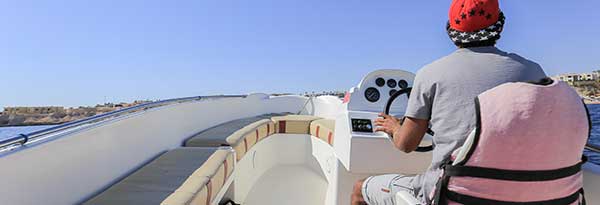
Do you know what your boat insurance covers? I just found out that mine doesn’t cover environmental damage/clean up charges. If there is damage done to the environment from your boat in any way ( spills or collisions or whatever ), the government, whether they clean it up or bring in a private contractor, will bill the owner of each boat involved. Under the Marine Liability Act the responsibility for costs associated with spill clean up resides strictly with vessel owners. And that can be expensive. My wake up call about environmental coverage serves as a reminder that it is a good thing to review the coverage you have on your boat. The following are some of the points you might want to consider. But remember these are general points only. You must discuss and confirm you have the
Here is an outline of boating (vessel) offence excerpts from the Criminal Code, Canada Shipping Act and Ontario Liquor License Act. They were sourced using the online applications, BOATsmart and Shield Basic Ontario and the web site of Ontario Ministry of Transportation. Read here.
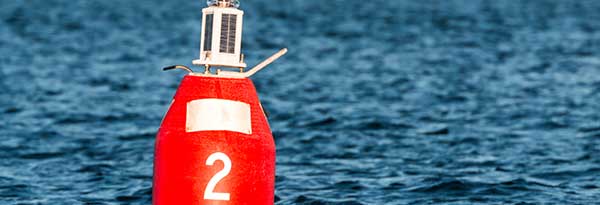
What to do about missing or out of place channel markers, faded reflectors, etc. If you notice a missing or out of place channel marker, damaged red triangle or black square or faded reflectors on any of these you should report this information to the Canadian Coast Guard in Parry Sound. You should include as much information as possible including buoy numbers, name of channel or specific location and details of the problem you are reporting. Written notes can be sent to; Canadian Coast Guard Supervisor Operations, Aids to Navigation, 28 Waubeek street, Parry Sound, ON, P2A 1B9 or phoned into 705-773-4322
The Insurance Bureau of Canada and the Federation of Ontario Cottagers’ Associations have compiled the following list of 10 Safety Tips to remind people to make safety a priority getting to and while at the cottage. Here are the top 10 safety tips as you prepare to head up to the cottage, and after you get there. Check your car’s lights, signals, tire pressure and fluids before the trip to the cottage. Check your first-aid kit and replace any missing supplies. Check and maintain cottage smoke detectors and CO detectors. Check the condition of boat(s), including fuel lines and tanks. Check that all required safety equipment is on board and in good repair. Remove dry leaves and debris from the cottage roof and/or eavestroughs to reduce fire risk. Prepare for extreme
Responsibilities of Cottage Owners who rent or lend cottage boats.
First, check with your insurance company – are there any issues?
If a cottage owner still chooses to make a boat available to a person renting a cottage they should be aware...
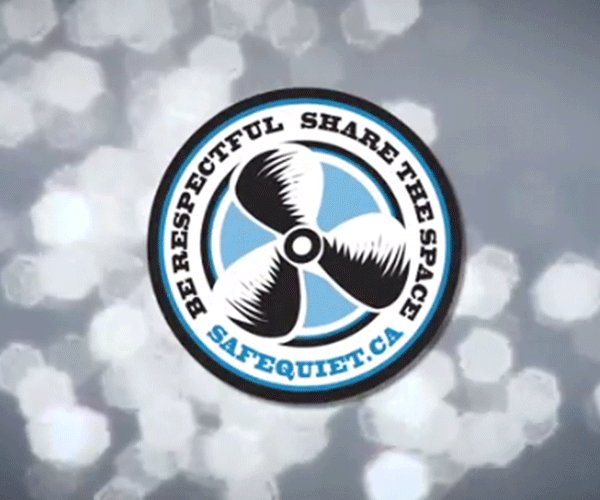
Here is a link to a great short video our friends at Safe Quiet Lakes produced on Boat Noise.


